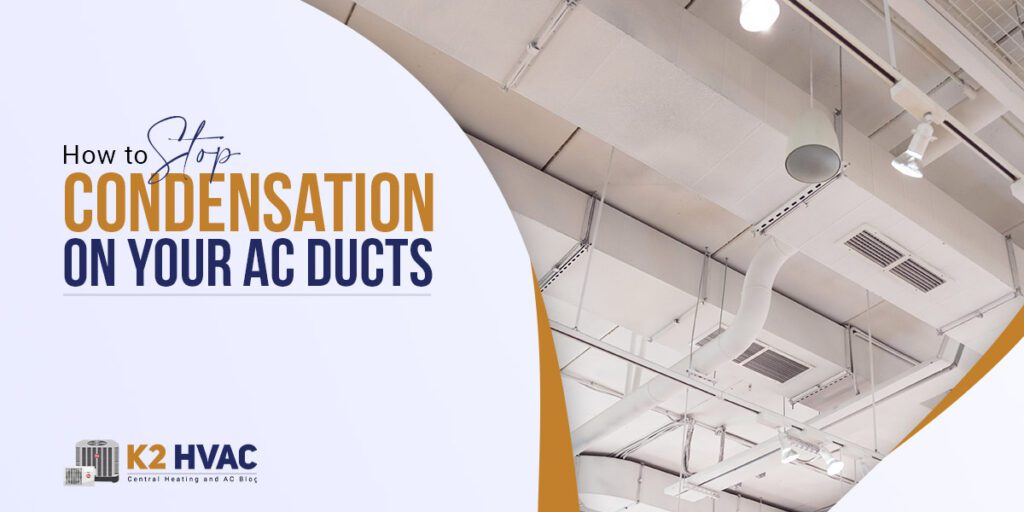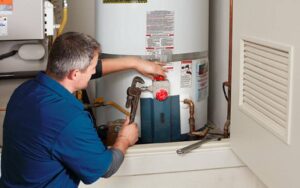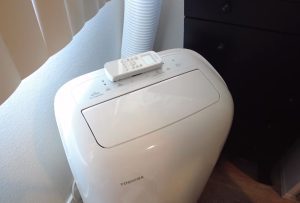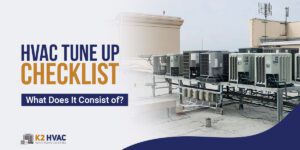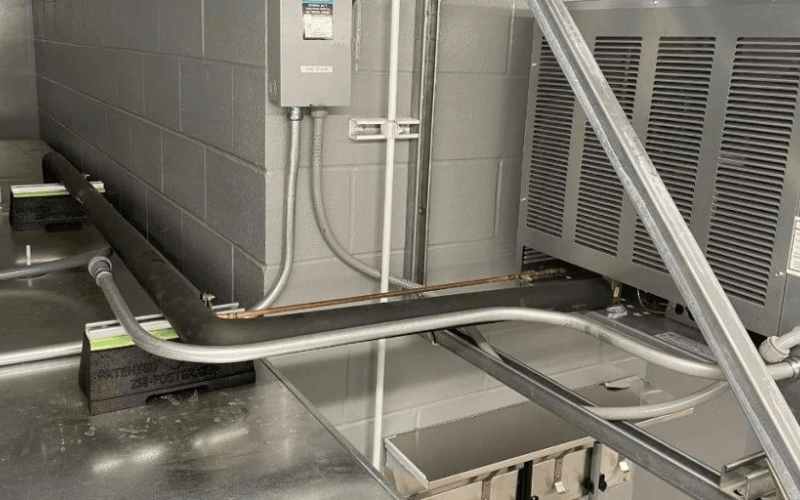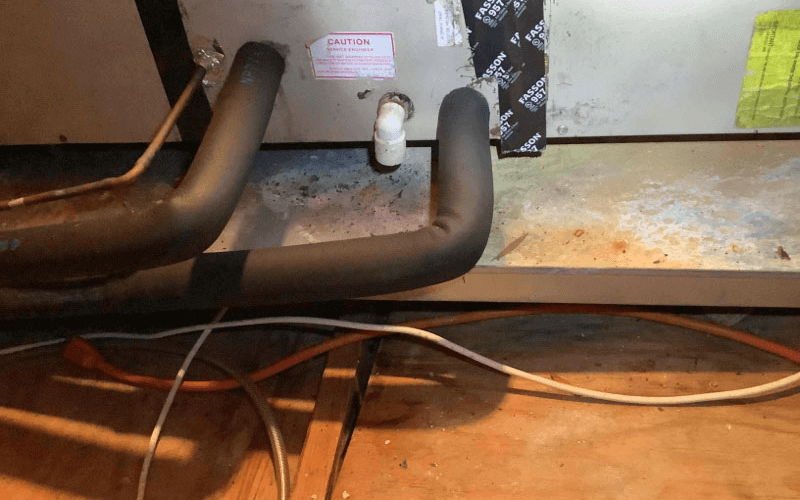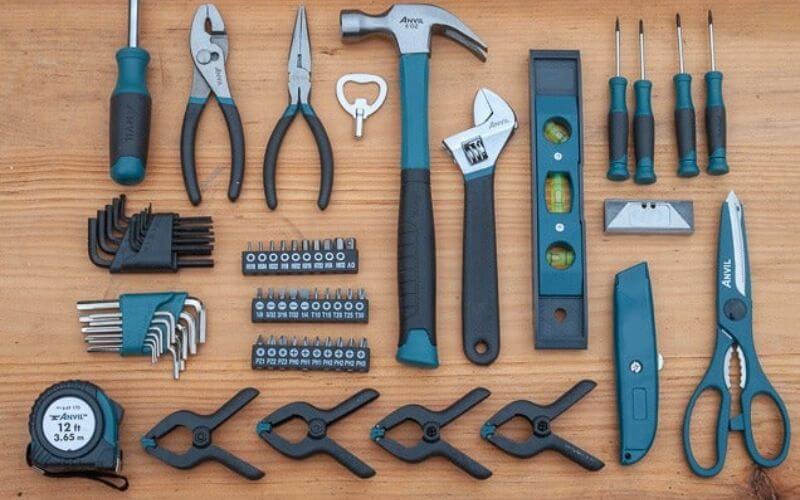According to the U.S Department of Energy, over 50% of the energy used in homes is for heating and cooling. Much of this energy is wasted due to improper insulation and air leakage. This article will guide you on the best practices for preventing condensation in air vents on your AC ducts. With this knowledge, you’ll be able to prevent mold and mildew growth in your home.
Table of Contents
ToggleWhat Is Condensation?
Condensation occurs when there is a temperature difference between two different surface areas. This includes any objects that are made up of different materials (i.e insulation, metal ductwork). When these two surfaces meet each other and their surrounding environments, water vapor accumulates on the colder surface until it reaches saturation. At this point, excess moisture falls away from the cold surface as droplets of water known as condensate.
Condensation forms on AC ducts when the temperature in the home rises and causes warm air to circulate throughout. When this happens, your cold AC metal ductwork will reach a temperature that coincides with the dew point of its surrounding environment. At this point, water vapor accumulates on these surfaces until it reaches saturation; then it falls away in droplets (known as condensate).
From there, this water can drip down and damage walls, insulation, and other areas by soaking them through and creating humidity in your living or working space. This also provides the perfect conditions for mold growth. If you want to prevent these problems from occurring in your home or business, read our tips below:
Also check: Simple Tips To Increase AC’s Cooling Performance In Your Home
Tips to Prevent Air Vent Condensation
Here are a few tips that you can use to prevent condensation from settling on your AC ductwork:
-
Install a De-Humidifier
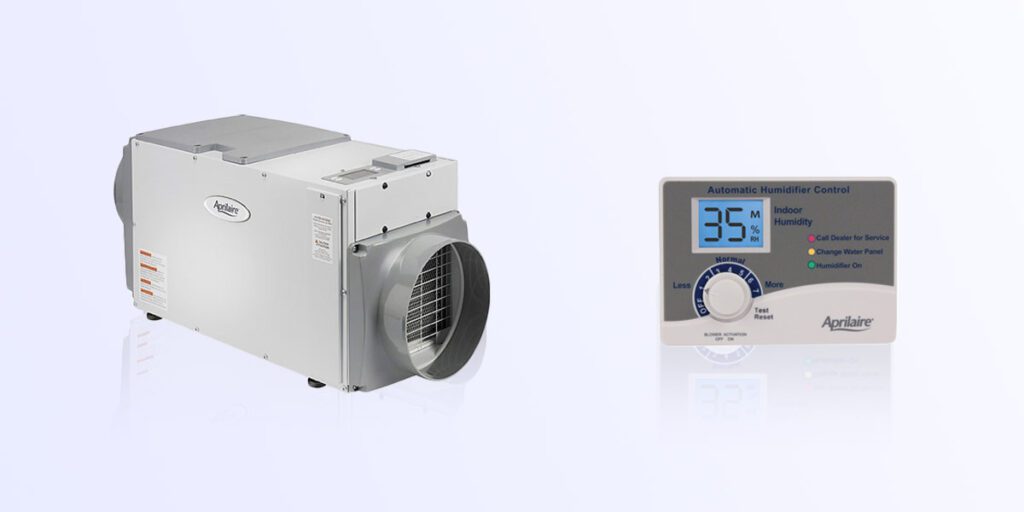
The first step is to install a dehumidifier. This device will remove humidity from the air and lower the overall moisture content in your environment so that condensation cannot form as easily. If you have one already, make sure it’s running properly and check its settings regularly.
-
Reduce Humidity In Your Air Conditioning System
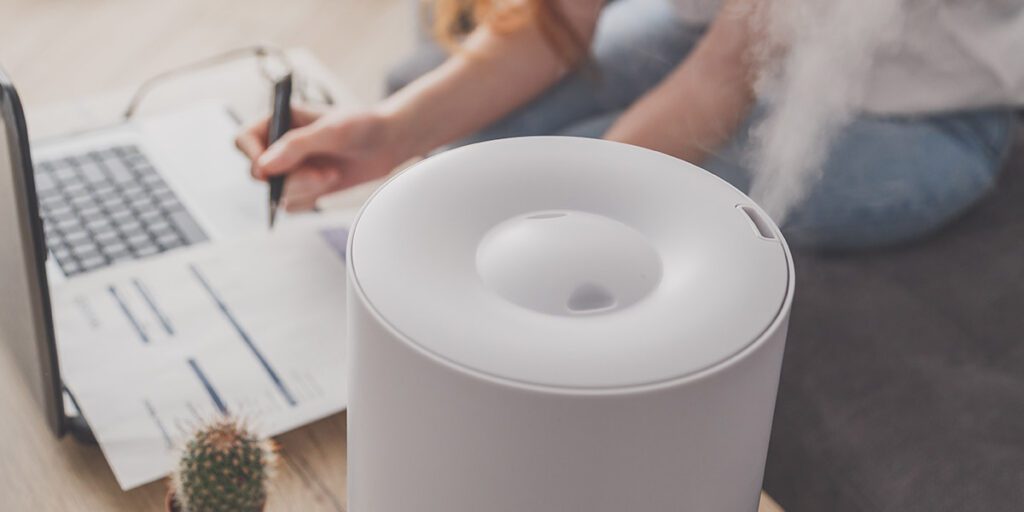
This is another way to keep humidity low in your space. You can do this by simply lowering the setting of your thermostat or increasing the number of fan speed cycles per hour (if applicable). Bear in though that this will cause your AC unit to work harder so it will cost more money in the long run.
Also check: What Is BTU And Why You Should Be Concerned About It
-
Increase The Air Flow In Your System
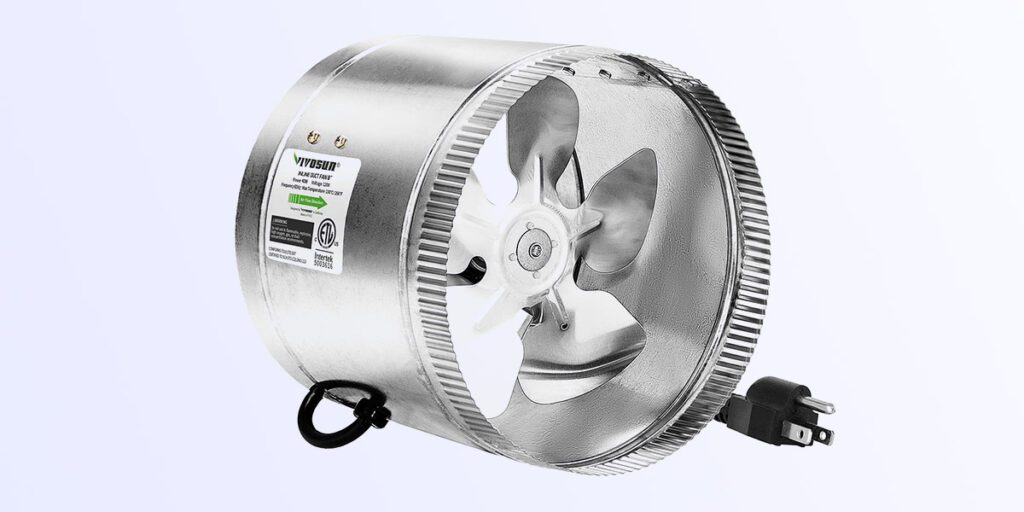
Increase the airflow between your indoor and outdoor units by adding a booster fan or installing an additional register in your home. This will increase the rate of evaporation, which is what actually cools your space. Remember that you can try using a ceiling or floor grille for this purpose. You just have to install them where there is a separate return vent with its own supply duct going back into your AC system. If you don’t have one already, these grilles are affordable and easy to fit anywhere in your home or business.
-
Keep It Clean
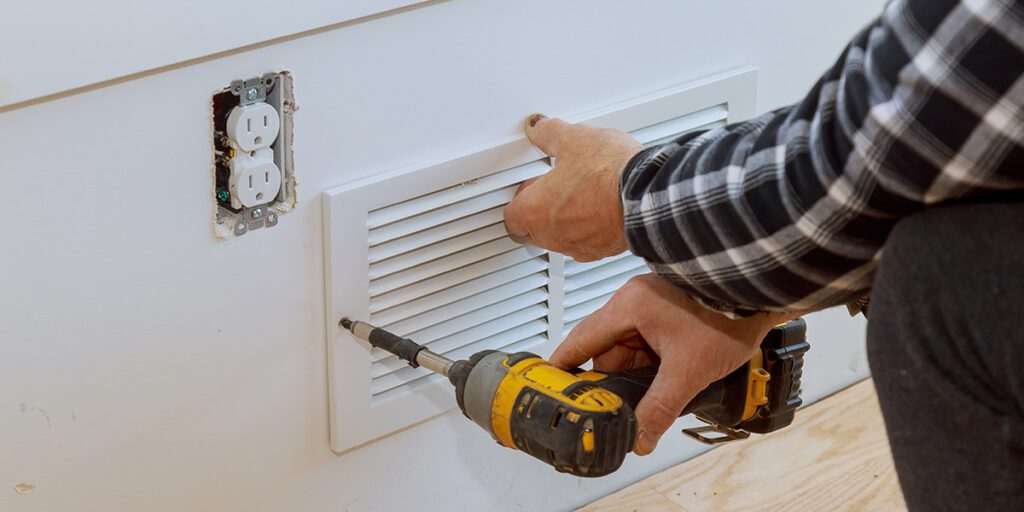
Always make sure that the fins on all the cold air returns are free from dust and dirt. The more space there is for air to travel through, the less condensation will accumulate on your AC ducts.
-
Keep Your System In Good Shape

It’s a good idea to have an HVAC professional come by regularly and inspect your system. They can do this any time from once a year to twice a year depending on what kind of unit you have installed in your home or business. They’ll check for any problems that could cause condensation such as leaking, damaged fins or coils, and so on. Then they’ll fix them before mold has a chance to grow.
This is also a good time to change the filter since it’s being replaced anyway. Be sure to ask about our ozone-friendly filters. They’re great for allergy sufferers and will keep your air cleaner, longer!
Conclusion:
If you follow these tips, you should be able to effectively prevent condensation damage in your living or working space. This can help protect your belongings, walls, and other areas. It’s also a good idea to check the filter on your AC unit regularly so that it doesn’t get too dirty. If it does become clogged with dirt, dust, or debris, this will cause problems since it will block airflow through the system. That means the evaporator coil won’t be able to dissipate heat as well because less cold air can reach throughout the system. And if that happens, expect more humidity which means more condensation forming on all those surfaces throughout your unit.
So remember, clean filters won’t just keep your Air Cleaner and help your system work more efficiently, they can also help you avoid a lot of headaches later on!
For those of you who have questions about humidity problems with their HVAC systems or would like to schedule a service appointment, contact K2 Mechanical today. We’ll be happy to send one of our professionals to take a look at it.

